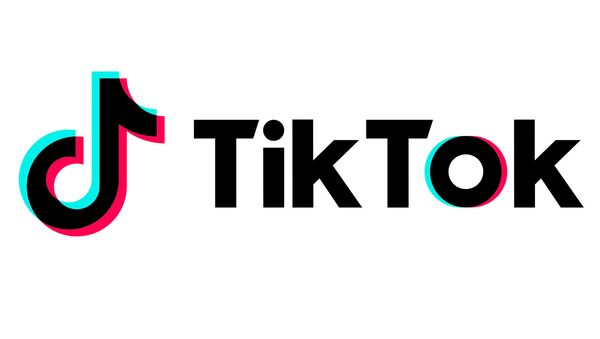TikTok, one of the fastest-growing social media apps in the world, owned by Beijing-based Bytedance, on Thursday rejected claims of Chinese government interference over content shown on the platform.
The company denied in a blog post that it has ever removed content or shared data at Beijing's request.
"TikTok does not remove content based on sensitivities related to China... We have never been asked by the Chinese government to remove any content and we would not do so if asked. Period," wrote TikTok.
TikTok emphasised it operates localised content moderation teams, stressing in its blog post:
"Our US moderation team, which is led out of California, reviews content for adherence to our US policies – just like other US companies in our space. We are not influenced by any foreign government, including the Chinese government; TikTok does not operate in China, nor do we have any intention of doing so in the future."
TikTok also said all US user data is stored in the United States, with a backup in Singapore.
"Our data centres are located entirely outside of China, and none of our data is subject to Chinese law," said the social media platform.
“Security Concerns”
The statement by TikTok comes in the wake of concerns raised by US lawmakers over whether Beijing censors content on the app and is part of a wider dispute over perceived national security risks posed by Chinese tech companies.
Senate Minority Leader Charles Schumer (D-N.Y.) and Sen. Tom Cotton (R-Ark.) in a letter on 24 October requested US intelligence officials to assess "national security risks” of Chinese-owned TikTok.
"Security experts have voiced concerns that China’s vague patchwork of intelligence, national security, and cybersecurity laws compel Chinese companies to support and cooperate with intelligence work controlled by the Chinese Communist Party," the lawmakers wrote in the letter to acting Director of National Intelligence Joseph Maguire.
Over the past several months, TikTok has been under pressure over allegations that it censored content, including footage of the protests in Hong Kong, and did not allow content promoting LGBTQ+ issues.
Facebook boss Mark Zuckerberg, whose firm competes with TikTok particularly in the youth market, also recently called out the platform over censorship as he addressed free speech issues on 17 October at Georgetown University.
Zuckerberg said:
“While our services like WhatsApp are used by protesters and activists everywhere due to strong encryption and privacy protections, on TikTok, the Chinese app growing quickly around the world, mentions of these protests are censored, even in the U.S.. Is that the internet we want?”
In response to Zuckerberg’s comments a TikTok spokesperson told CNBC:
“The Chinese government does not request that TikTok censor content, and would not have jurisdiction regardless, as TikTok does not operate there.”
The developments come on the heels of heightened US scrutiny of another Chinese tech giant, Huawei.
Over the past year Washington has moved to block the firm, the world's largest maker of telecoms equipment, citing national security concerns.
Huawei has repeatedly denied allegations that use of its products presented security risks, and says it is independent from the Chinese government.
“Serious Global Rival” to Facebook
In just two years, TikTok, a Chinese-owned social video-sharing app whose users can shoot, edit, and share 15-second videos with filters, music, animation, special effects, and more, has emerged to rival companies like Netflix, YouTube, Snapchat, and Facebook.
TikTok added 188 million downloads in the first quarter of 2019, surpassing Facebook at 176 million, but trailing WhatsApp at 224 million and Messenger at 209 million.
Distinct for its strategy of dual versions – one for China’s internet-censored market and another for the rest of the world – the app boasted over one billion downloads in 150 markets worldwide and 75 languages since it took off two years ago, according to the Harvard Business review.


